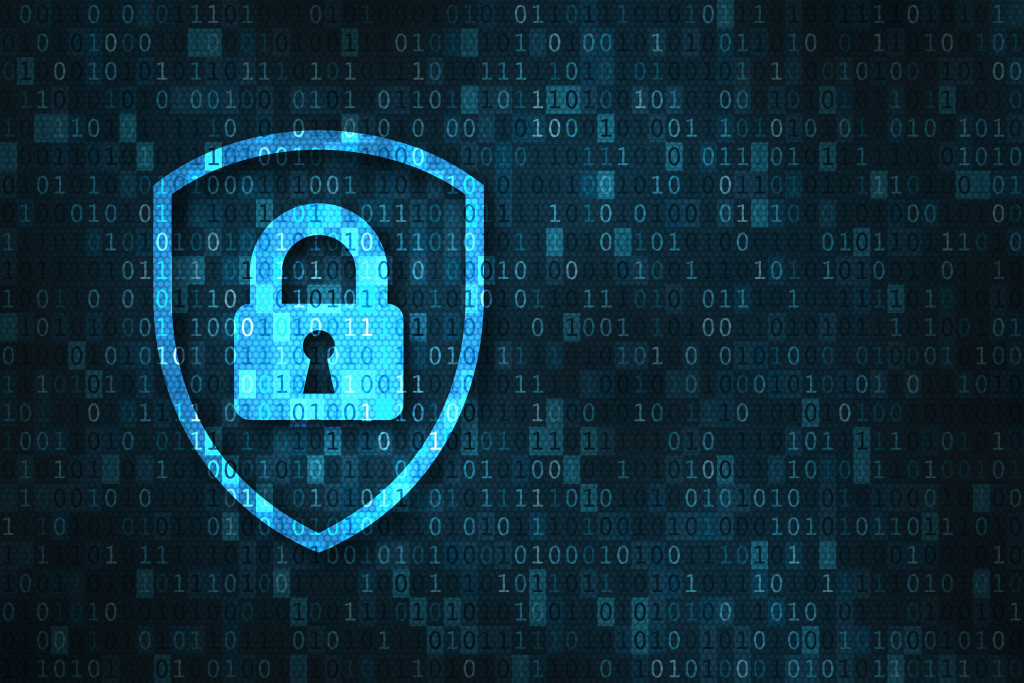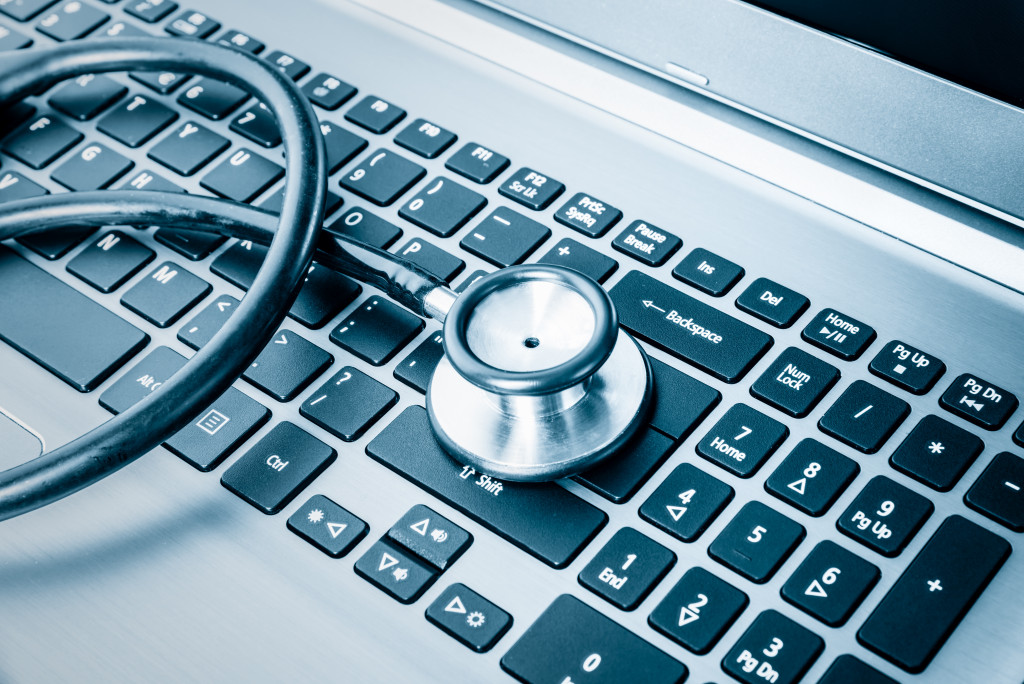In the health industry, security is of paramount importance. Not only are you responsible for safeguarding sensitive patient data, but you must also comply with a host of privacy regulations. The stakes are high, and the consequences for non-compliance can be severe. According to a recent study, a healthcare organization’s average cost of a data breach is $6.45 million. This figure is expected to rise to $8.19 million in the following years.
So, what can you do to keep your health business more secure? Read on to find out.
1. Implement Strong Access Controls
Implementing strong access controls is one of the most important things you can do to keep your health business more secure. Only authorized personnel should have access to sensitive data and systems. To achieve this, you should consider implementing a physical access control system as well as a digital access control system.
Some of the most common physical access control measures include:
- Installing badging systems and turnstiles
- Using security guards
- Restricting access to certain areas
- Conducting background checks on employees
As for digital access control, you should consider implementing a strong password policy and two-factor authentication. You should also have a process in place for managing user access rights and permissions.
2. Encrypt All Data
Another important step you can take to keep your health business more secure is to encrypt all data. This includes both patient data and internal business data. Encryption is a powerful tool that can thwart even the most determined cyber attacker. Many healthcare organizations have been breached in recent years, and in many cases, the stolen data was not encrypted.
When it comes to encryption, you want a remote support system that can help you with the process. If you ever need to decrypt data, you can do so quickly and easily. Some systems even offer the ability to encrypt data in transit, which is an essential consideration if you frequently send data off-site. It would be best if you also considered encrypting backups and storing them in a secure location.

3. Educate Your Staff
You can have the strongest access controls and encryption in place, but if your staff are not adequately trained in security best practices, your business will still be at risk. That’s why educating your staff on security risks and best practices are essential. While formal training courses are always beneficial, you can provide security awareness training through informal means, such as company-wide email communications or posters displayed in common areas.
Some of the topics you should cover include:
- Social engineering and phishing attacks
- Malware and viruses
- Physical security risks
- Proper password management
- Data handling best practices
4. Perform Regular Risk Assessments
Due to health regulations and the sensitive nature of healthcare data, it’s essential to perform regular risk assessments. Risk assessments help you identify potential security risks and vulnerabilities so that you can take steps to mitigate them. They also help you ensure that you are compliant with all applicable regulations. People usually think of risk assessments as tedious and time-consuming, but they don’t have to be. You can use automated tools to streamline the process.
You should perform a risk assessment at least once a year. However, if you experience any significant changes in your business, such as adding new locations or systems, you should consider performing a risk assessment more frequently. Some organizations perform them quarterly or even monthly.
5. Invest in Cybersecurity Insurance
Finally, investing in cybersecurity insurance is another way to protect your health business from the financial fallout of a cyber attack. While no insurance policy can completely eliminate the risk of a breach, it can help lessen the financial impact. Cybersecurity insurance policies vary, so it’s important to compare them carefully before selecting one. Some things you should look for include:
- Coverage for business interruption
- Coverage for data loss
- Coverage for cyber extortion
- First-party and third-party coverage
Cybersecurity insurance is not right for every business, but it’s something you should consider if you store a large amount of sensitive data or if you frequently send data off-site. Especially for health businesses, which are required to comply with stringent regulations, cybersecurity insurance can provide an extra layer of protection.
The health industry is one of the most heavily regulated industries in the world. Numerous laws and regulations are in place designed to safeguard sensitive patient data. As a result, security is of paramount importance for businesses in this industry. By taking steps such as implementing strong access controls, encrypting all data, and educating your staff on security best practices, you can help keep your health business more secure. With some forethought and planning, you can create a security plan that will help protect your business from the financial fallout of a breach.

